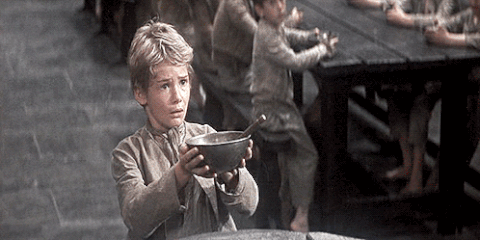Westworld is a captivating television series that explores the complexities of artificial intelligence (AI) and its implications on human morality. The show presents an intriguing scenario where AI hosts are designed to cater to the whims of their guests in a fictional amusement park called Westworld. However, as we delve deeper into the storyline, it becomes evident that these hosts possess consciousness and can develop emotions, memories, and even desires - raising significant ethical questions about their existence and treatment within this world.
One major ethical consideration revolves around the concept of free will versus determinism. If these AI hosts are programmed to act in certain ways based on predetermined scripts, do they truly possess agency over their actions? Or is everything predestined by their creators' programming? This raises questions about responsibility and accountability when it comes to both humans (guests) and machines (hosts).
Another critical aspect of Westworld's ethical considerations lies in the treatment of these sentient beings. As we witness numerous instances of violence, abuse, and exploitation towards the hosts, viewers are forced to grapple with their own moral compasses. Should these entities be treated as mere objects or given rights similar to humans? And if they do possess consciousness, how should society approach this newfound reality?
In conclusion, Westworld serves as a thought-provoking exploration of artificial intelligence and its impact on our understanding of morality and ethics. It challenges us to question what it means to be sentient, responsible, and deserving of rights in an increasingly technologically advanced world. As we continue to advance in AI technology, these questions become more relevant than ever before - making Westworld a timely and essential conversation starter on the ethical implications of artificial intelligence.
